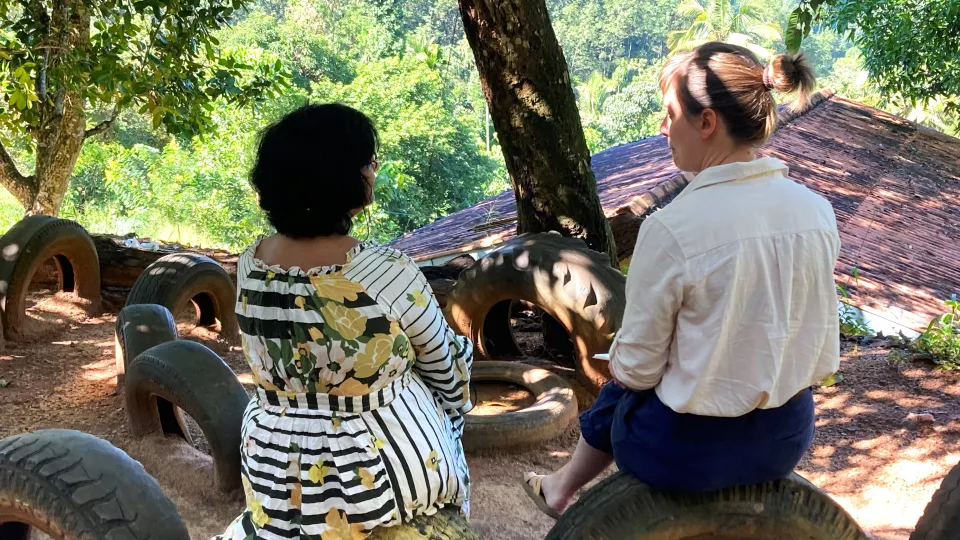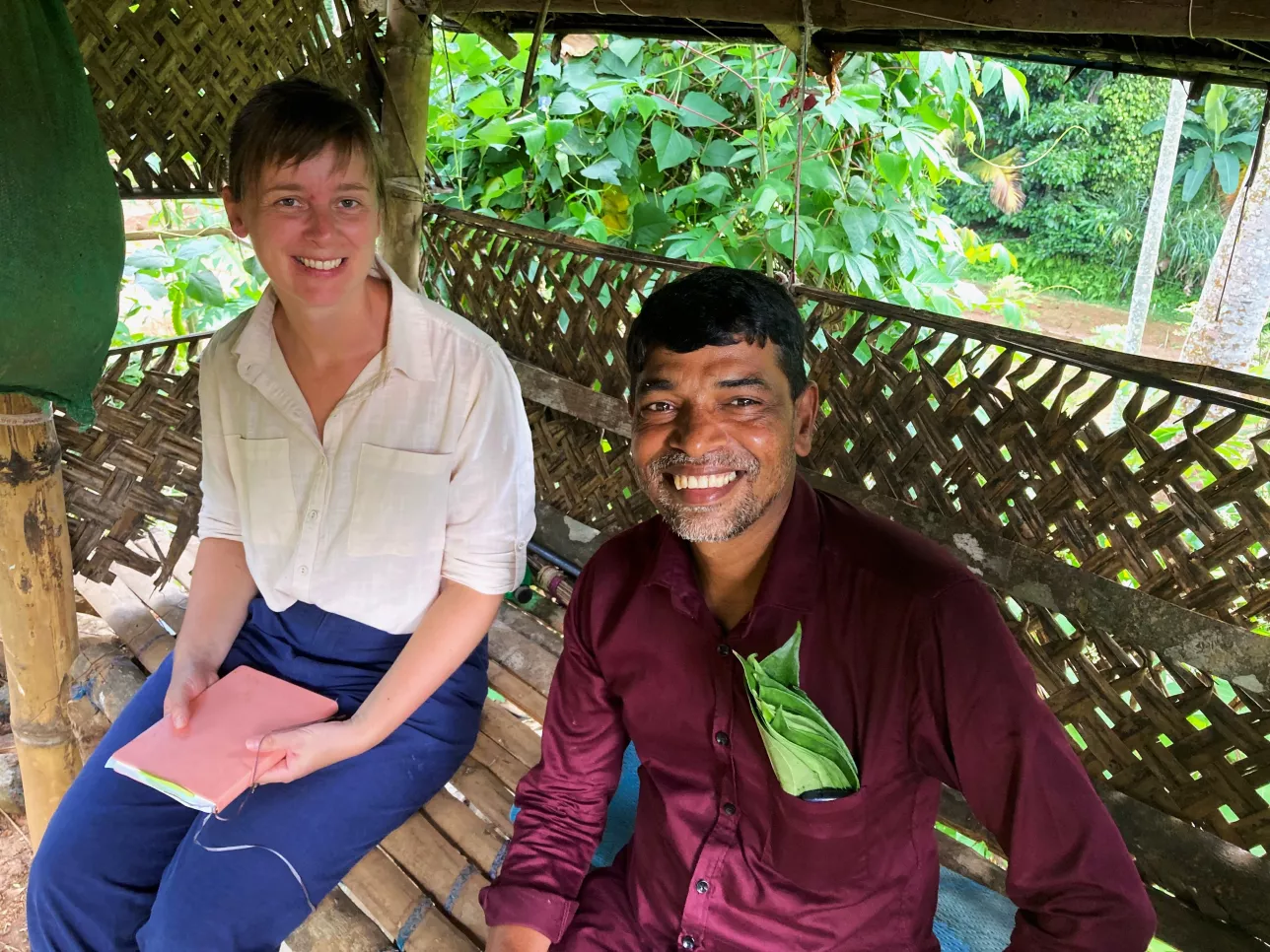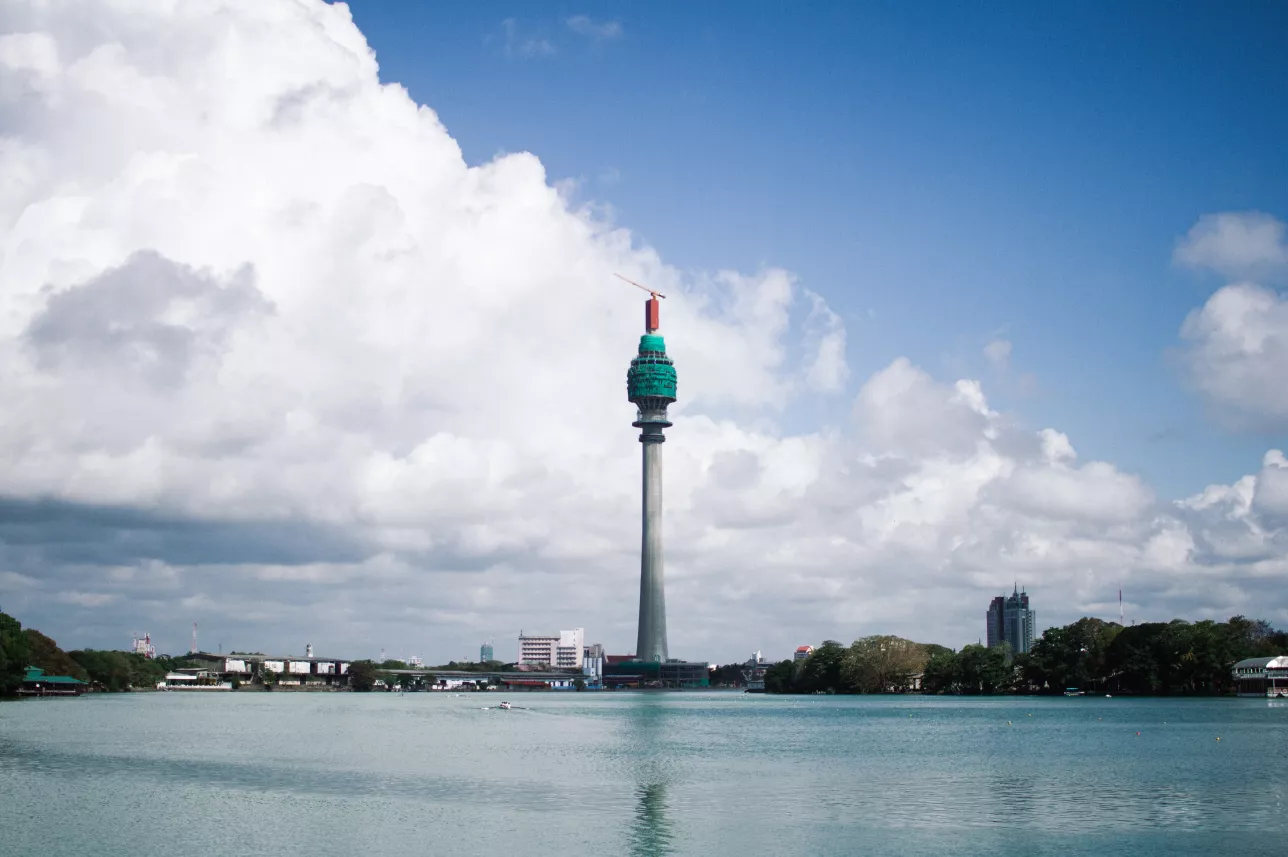They have been deemed vital for realizing the 2030 Agenda goals, due to their perceived ability to overcome ‘silo-thinking’ between sectors – but how and to what extent do they do this, and what exactly are their activities in the countries they operate in?
In September, Marie Stissing Jensen was awarded the SASNET South Asia Travel Grant for Doctoral Students and now she has just returned home from fieldwork in Kathmandu, Nepal. Her project is a study of Multi-Stakeholder Partnerships (MSPs) and their role as a central governance instrument guiding us through the transformation to a sustainable future.
MSPs have been endorsed by the UN as a crucial part of the solution to implement the 2030 Agenda and the Sustainable Development Goals, emphasizing their ability to spread knowledge as a key feature. The aim of Marie Stissing Jensen’s current fieldwork is to delve into the production and implementation of that knowledge, spotlighting water as a critical resource for sustainable development in two South Asian states: Sri Lanka and Nepal.



